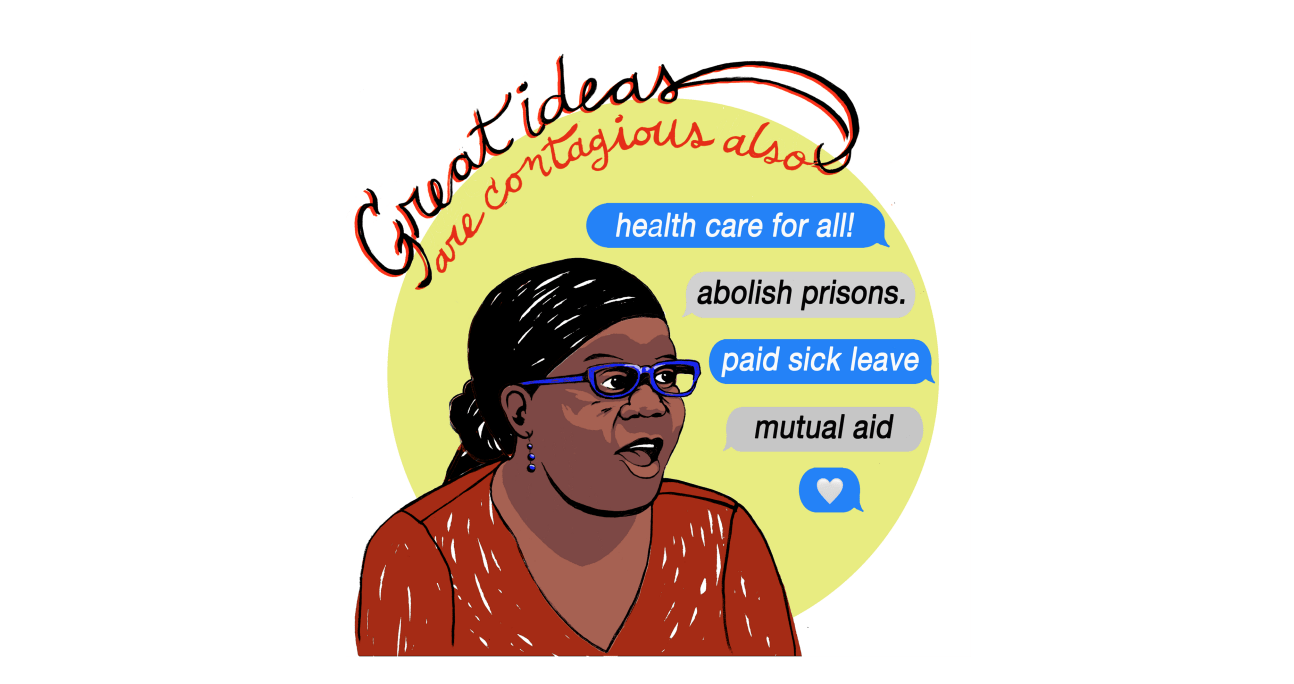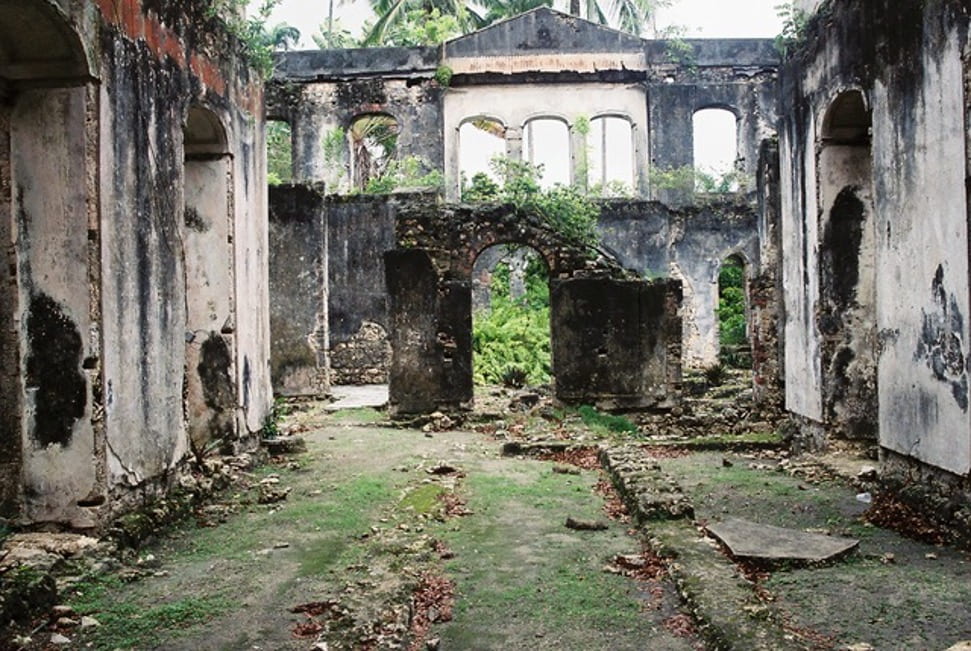
As a part of the UCSC Black Geographies Lab, our faculty and graduate students are sharing their syllabi inspired by and centered around the themes of our study. Below is the course description and link to Theresa Hice-Formille’s undergraduate course syllabus for the Critical Race & Ethnic Studies Department.
CRES 188B: ROOTS & ROUTES – RACE, IDENTITY, & BELONGING
“Identity is formed at the unstable point where the ‘unspeakable’ stories of subjectivity meet the narratives of history, of a culture” – Stuart Hall (1987)
“The object of the work is to always reproduce the concrete in thought—not to generate another good theory, but to give a better theorized account of concrete historical reality. This is not an antitheoretical stance. I need theory in order to do this. But the goal is to understand the situation you started out with better than before” – Stuart Hall (1988)
Course Description
This upper level CRES course examines theories of race, identity, and belonging within the African Diaspora. These theories can be found across multiple disciplines and as such this course draws from ideas developed by various social science, humanities, and interdisciplinary scholars. Students will become familiar with research and theoretical developments that will strengthen their understanding of the ways in which race is ascribed, individuals select and perform identity, and groups find and manage belonging within a global diaspora. This course encourages critical personal engagement through class discussion and the assignment of creative writing projects culminating in a final auto-ethnographic essay. By bringing individual lived realities into the course, students will gain a stronger understanding of the ways in which presented theories play out in the world.
The outline of the course follows what I refer to as a “sociogenic definition of identity.” This theory asserts that identity is constructed on demonic ground and in Relation, is affectual in its attachments and always in process. The course is divided into four sections pertaining to each of these aspects; however, as we will learn throughout the course, these are very much overlapping. Students should be able to identify how each course reading corresponds to this definition and intimately engage with this definition in their final project.
Link to the pdf – Roots and Routes: Race, Identity, and Belonging in the African Diaspora
Image Credit: Jeremy Bishop via Unsplash


